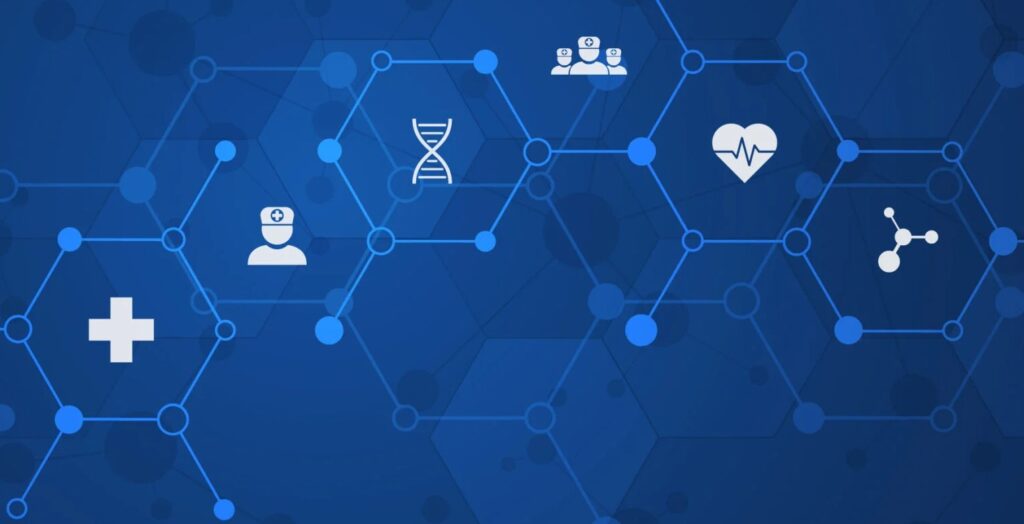
Weaving Data Into the Fabric of Public Health
The field is finding new and creative approaches to how it uses data.
It took some effort to work out technical and privacy issues to integrate CRISP’s data into systems used by the state health department and county-level case workers, and the program slowed dramatically during the COVID-19 pandemic. But on September 8, 2022, information about children eligible for the asthma program began moving automatically from the CRISP database to the county caseworkers who could reach out to families. Caseworkers were suddenly enrolling about 25 percent of children the system flagged for the program—a success rate roughly ten times higher than when they were working with Medicaid claims records.
“I am one lucky guy,” Mitchell says. He has the real-time ability to track an illness and deploy an intervention that most public health workers only dream about. He is also working in a state that has taken steps to make it especially easy to adapt a health information exchange (HIE) built primarily for health care providers so that it serves a public health function.
Maryland is one of 43 states that rely on HIEs for at least one public health function, according to a 2022 study published by the Civitas Networks for Health, a national collaborative of organizations working on HIEs. Providers, payers, and public health officials are gradually recognizing the whole health system, public and private, can benefit if they share tools with one another.
For many years, there have been two entirely separate conversations about data modernization in health care—one among public health agencies used to working with disease registries based on reporting requirements imposed on health care providers, and a parallel conversation among doctors, hospitals, and health plans working to streamline patient care. There’s a growing recognition, especially after the pandemic, that both communities are wrestling with the same question, and there are many ways they could work together—to make practitioners’ lives easier and to improve the nation’s health.
Read the full article featuring Erica Galvez, CEO, Manifest MedEx, published in Harvard Public Health.